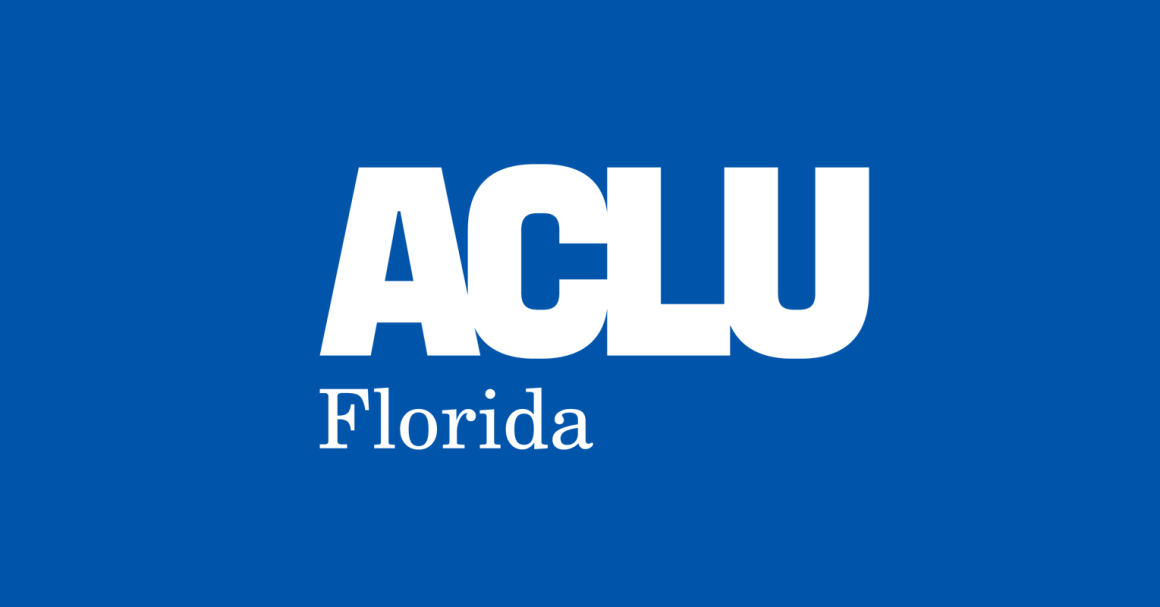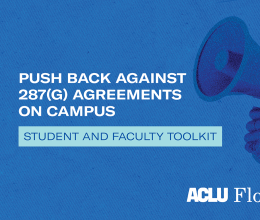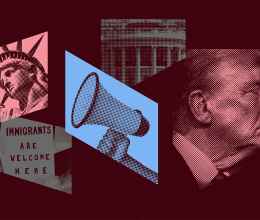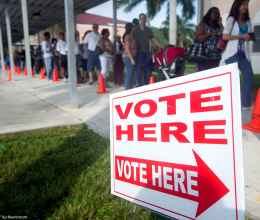
The Florida Department of Education is promoting a “model policy” that raises significant constitutional concerns
TALLAHASSEE, FL – Yesterday, the Florida Department of Education announced a “model policy” in an attempt to assuage concerns surrounding potential liability for inserting religious chaplains in public schools. The state’s “model policy” fails to address constitutional concerns, does not innoculate school districts, and continues to expose school districts to potential liability.
These constitutional concerns were raised earlier this year by faith leaders in Florida and across the country, as well as several First Amendment organizations, when Gov. DeSantis signed House Bill 931 into law. Several faith-based and civil rights organizations continue to argue this law could lead to religious chaplains proselytizing in Florida public schools and violate the First Amendment.
Despite these grave concerns, Osceola County School Board is set to consider the issue of school chaplains next Tuesday.
Kara Gross, legislative director of the ACLU of Florida, responded to the “model policy” with the following:
“Freedom of religion means that parents and faith communities—not government officials—have the right to direct their children’s religious education and development.
“The government-proposed ‘model policy’ further demonstrates that this law seeks to advance certain religious viewpoints that are favored by the Governor in our public schools and to exclude other religious viewpoints that the Governor disfavors.
“The government’s ‘model policy’ is extremely problematic and raises several constitutional concerns. It is very concerning that the government-proposed ‘model policy’ seeks to define religion for Floridians. This is the opposite of religious freedom. Additionally, it creates arbitrary requirements that would open up school districts to potential liability for excluding certain religious viewpoints and promoting others.
“To be clear: Under Florida law, school boards do not need to proactively vote on or consider any policies allowing for religious chaplains in their public schools. The statute says that they ‘may’ adopt a policy, but they are not required to do so. If they choose to enact a chaplain policy or program on their own, they are opening themselves up to potential liability. The vast majority of school districts throughout the state have no interest in proactively opening themselves up to the potential liability that could flow from allowing religious chaplains in their schools.
“Religious freedom means being free from state-sponsored religious indoctrination. We strongly urge school boards not to enmesh religious chaplains in our schools and bypass this risk of liability.
“The primary role of chaplains is to provide pastoral or religious counseling to people in spiritual need. Allowing them to assume official positions—even if voluntary—in public schools will create an environment ripe for religious coercion.”







